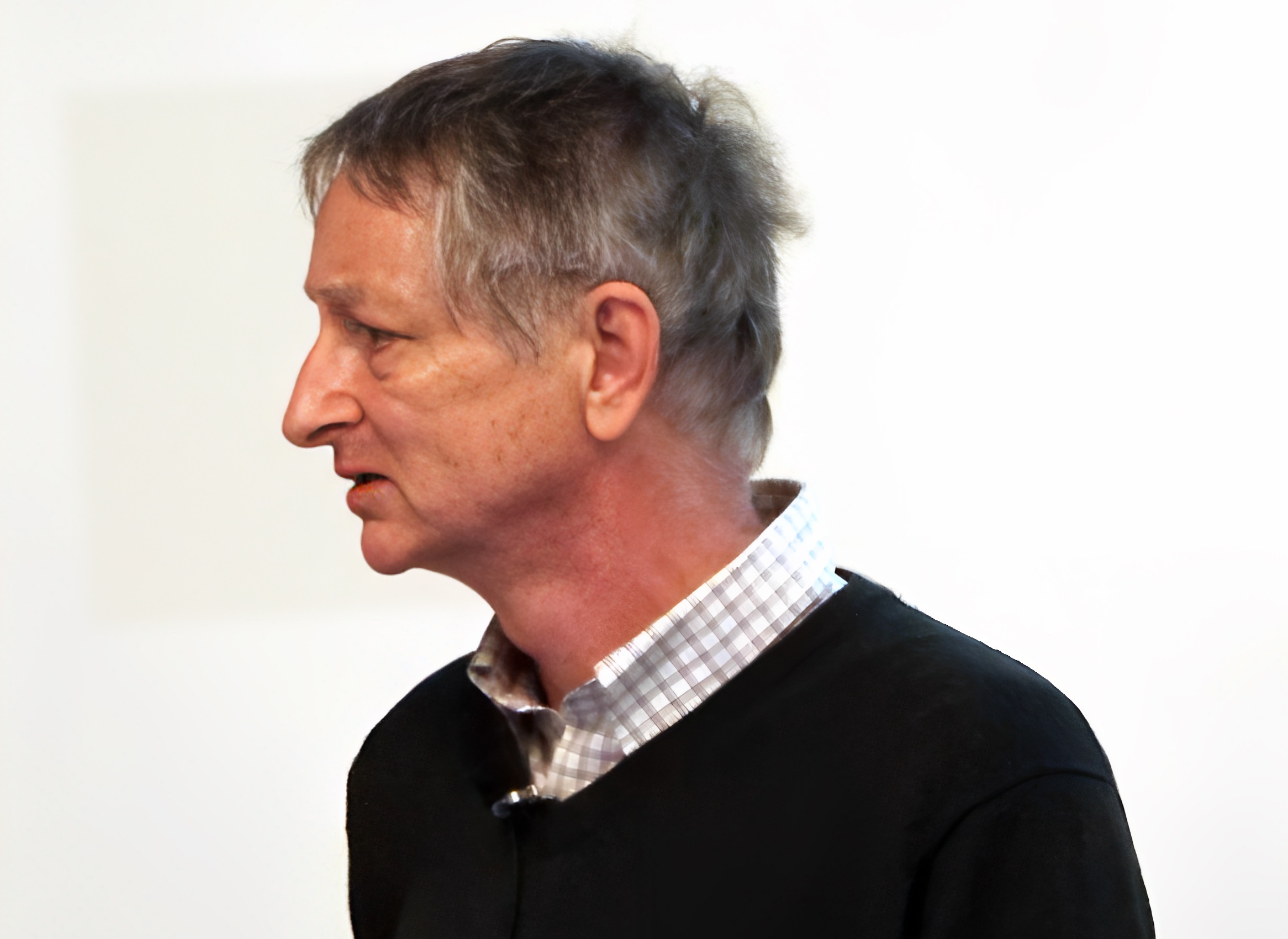Geoffrey Hinton, known as the “Godfather of AI,” has expressed concerns about the potential dangers of AI and left his position at Google to discuss them openly.
Hinton, alongside two others, won the Turing Award in 2018 for laying the foundations of AI. He had been working at Google since 2013 but resigned to speak out about the fast pace of AI development and the risks it poses.
In an interview with The New York Times, Hinton warned that the rapid development of generative AI products was “racing towards danger” and that false text, images, and videos created by AI could lead to a situation where average people “would not be able to know what is true anymore.”
Hinton also expressed concerns about the impact of AI on the job market, as machines could eventually replace roles such as paralegals, personal assistants, and translators.
“The idea that this stuff could actually get smarter than people — a few people believed that. But most people thought it was way off. And I thought it was way off. I thought it was 30 to 50 years or even longer away. Obviously, I no longer think that,” said Hinton.
Hinton’s concerns are not unfounded. AI has already been used to create deepfakes, which are videos that manipulate facial and voice expressions to make it appear that someone is saying something they did not say. These deepfakes can be used to spread misinformation or damage a person’s reputation.
Furthermore, AI has the potential to automate many jobs, leading to job losses. This week, IBM CEO Arvind Krishna said that the company plans to use AI to replace around 30 percent of back office jobs—equivalent to around 7,800 jobs.
Hinton is not alone in his concerns. Other experts have also warned about the risks of AI.
Elon Musk, the CEO of Tesla and SpaceX, called AI “our biggest existential threat”. The following year, the legendary astrophysicist Neil deGrasse Tyson said that he shares Musk’s view. In 2018, Stephen Hawking warned that AI could replace humans as the dominant species on Earth.
In March, Musk joined Apple co-founder Steve Wozniak and over 1,000 other experts in signing an open letter calling for a halt to “out-of-control” AI development.
However, some experts believe that AI can be developed in a way that benefits society. For example, AI can be used to diagnose diseases, detect fraud, and reduce traffic accidents.
To ensure that AI is developed in a responsible and ethical manner, many organisations have developed guidelines, including the IEEE, the EU, and the OECD.
The concerns raised by Hinton about AI are significant and highlight the need for responsible AI development. While AI has the potential to bring many benefits to society, it is crucial that it is developed in a way that minimises its risks and maximises its benefits.
(Image Credit: Eviatar Bach under CC BY-SA 3.0 license. Image cropped from original.)

Want to learn more about AI and big data from industry leaders? Check out AI & Big Data Expo taking place in Amsterdam, California, and London. The event is co-located with Digital Transformation Week.
Explore other upcoming enterprise technology events and webinars powered by TechForge here.
